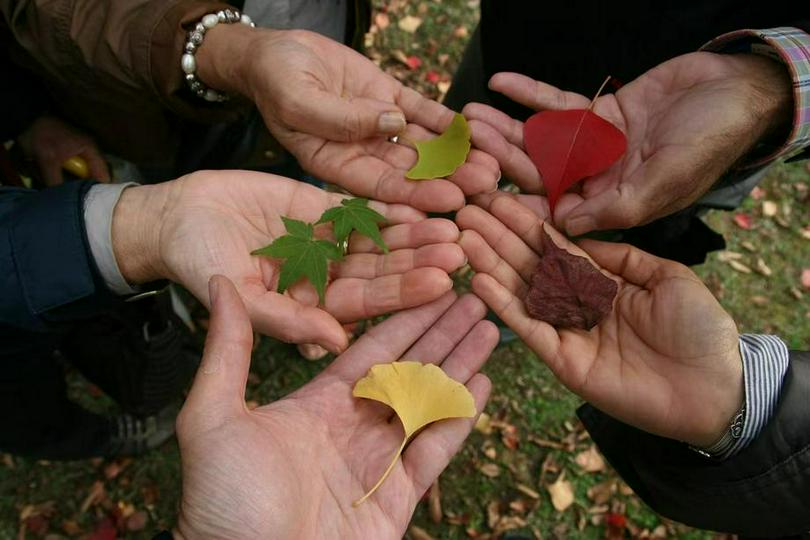In a church of nearly 5,000 in a city in southern China, in addition to fellowships formed based on age groups, there are fellowships specifically for men, women, married couples, etc., to better cater to believers with different needs. For example, the fellowship for married couples not only meets for Bible study and devotions but also offers marriage counseling and support so that couples can better glorify God and obey the will of the Lord as they go through life together.
A sister once testified that she and her husband would have divorced long ago if it weren't for the Married Couples Fellowship. The relationship between her and her husband was stuck in the cold winter season. Fortunately, the couple was willing to attend the fellowship together at that time, which turned their lives around as both of their spiritual lives were nurtured and ultimately saved their marriage.
As China urbanizes, many people leave their hometowns to live and work in the cities, forming a group of migrant workers. Very often, being far from home and struggling with the burdens of life makes them feel lost in life. Some churches see the needs of this group and begin to form fellowships for these migrant workers.
A characteristic of this type of fellowship is that while it focuses on the Christian faith, it also serves the purpose of traditional mutual support groups. In these fellowships, most of the members are often from the same region. In my observation, this type of fellowship is often associated with a party from a particular locality. For example, the members of one church in District Q are mostly from Henan, while the members of another church in District G are mostly from Anhui. Members of such fellowships tend to form close-knit groups in which they help each other. This is undoubtedly very attractive to people who work away from home. In these fellowships, while the members themselves are being disciplined and developed in their lives, the gospel can also be spread among people who are from the same hometown as them.
Similar to migrant worker fellowships, churches have also formed fellowships based on different types of work. For example, there are fellowships for taxi drivers, tour guides, security guards, cooks, and so on. Pastoring these fellowships would have a vocational approach. For example, our church has a fellowship for taxi drivers. During these meetings, the pastor always reminds the members of the fellowship that they must obey the law, be friendly and charge a fair price, and talk about how they should handle emergencies, etc. Many people, both inside and outside the church, claim that the drivers who have hanging cross decorations on their taxis are very friendly, which makes them feel very comfortable.
In the movie "Dying to Survive", Pastor Liu pastors a fellowship formed by patients. Although, according to my research, such fellowships have not yet been formed in China, this type of group should be a pretty good way to provide pastoral care. When patients get together, they can not only pray together and support each other but also share their treatment experiences, which is also very helpful for the recovery of the body.
In conclusion, different types of fellowships will emerge according to the needs of people, and I believe that in the near future there will be a richer mix in the types of fellowships that can better meet the different spiritual needs of different groups and thus promote growth in the lives of believers.
- Translated by Joyce Leung












